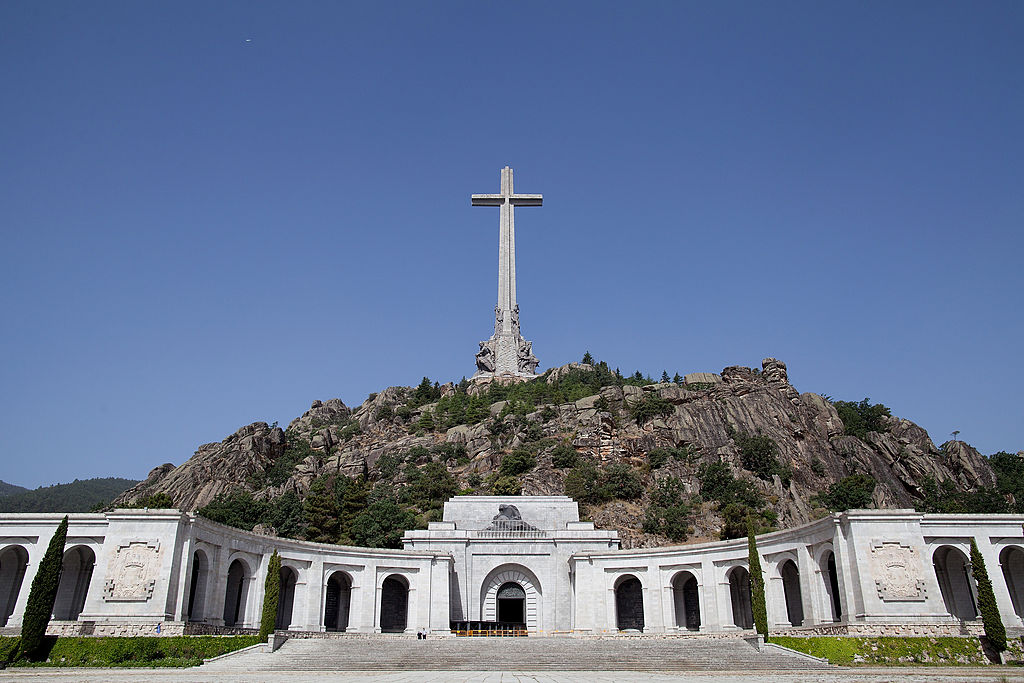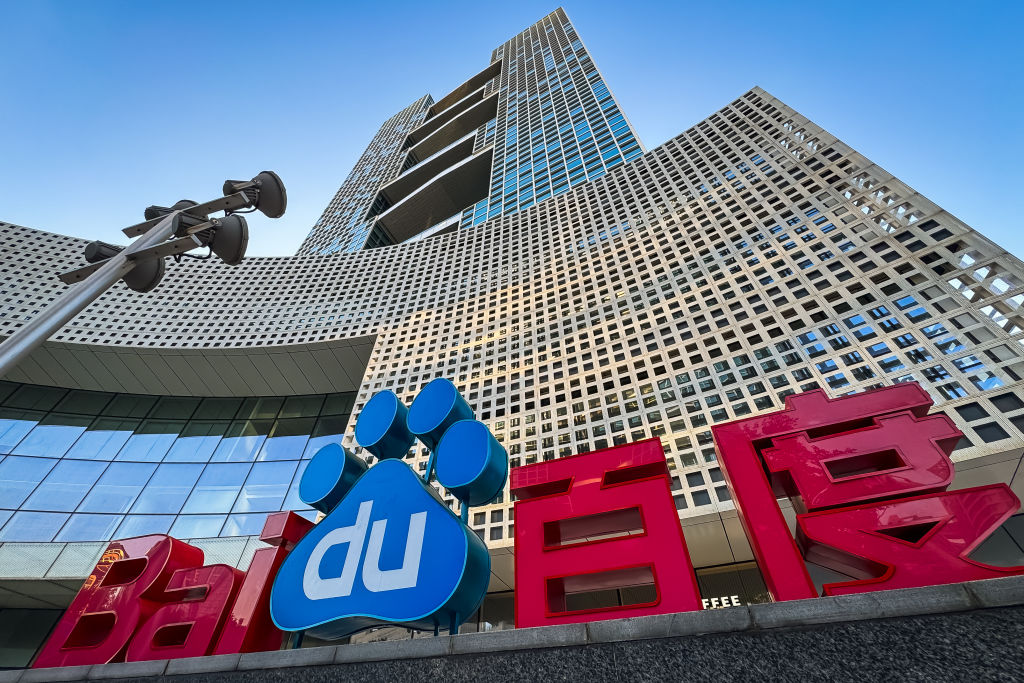Where should political power ultimately lie? Eurocrats believe that the burden of responsibility is too heavy for the simple citizen to bear; they argue that it can only be handled by themselves, an omniscient class of suited technocrats hiding in glass towers. Populists and patriots beg to disagree. They think that those matters most crucially important to the people—immigration, national independence, foreign entanglements—can only be convincingly settled by those most concerned by them: the people themselves. That is why Hungary’s Prime Minister called for a nationwide referendum on whether or not Ukraine should join the European Union. Brussels wasn’t happy about it.
Of course, the EU was never exactly a fan of national democracy. The mandarin class is congenitally allergic to it. But it hardly helped that the referendum’s result was as ardent a rejection of the clique’s plans. An overwhelming 95 per cent of participants—over 2.2 million Hungarian citizens—voted against Ukraine’s accession to the European Union. Prime Minister Viktor Orbán, announcing the results on June 26th, declared that this resounding “no” hands him a “strong mandate” to oppose Kyiv’s integration at the EU summit in Brussels. Budapest’s message is clear: On matters of such profound consequence, the people must be allowed to have their say. Indeed, Hungary’s move should not be an outlier; it must become the model for other mature, democracy-loving European states to follow.
Orbán has suffered relentless criticism from the establishment and branded a pariah for daring to challenge the prevailing pro-war, pro-enlargement orthodoxy. But time has vindicated him. Indeed, few today would seriously deny the Prime Minister’s wisdom in advocating for diplomacy over escalation in the Russia-Ukraine conflict, his warnings about the futility of sanctions, and his insistence on prioritising national interest over Brussels’ ambitions. Hungary’s “Voks 2025” referendum affirms what was once, and should be again, an essential principle of democracy: The idea that the people, not the elites, are the ultimate arbiters of their nation’s future. That is how it should be, too. Should Kyiv joining the EU ever become the reason of direct conflict with Russia, after all, it will be the people, not the elites, who will suffer most. No one has the right to force them to foot a bill they don’t demonstrably want in the first place.
In effect, the case for national referenda across Europe is not merely democratic, it is existential. Ukraine’s potential EU membership, after all, carries seismic implications. One immediately pressing matter is the future allocation of EU funds. The integration of a war-torn nation of 30 million with a GDP per capita a fraction of the EU average—Ukraine is considerably poorer than Moldova, or about as wealthy as Iran—would demand an astronomical financial commitment on the part of European taxpayers.
Orbán himself has warned that Ukraine’s full integration could cost €2.5 trillion, dwarfing the EU’s entire budget by a factor of twelve. European states would be forced to shoulder the burden of reconstructing Ukraine’s shattered infrastructure while subsidising its agricultural sector, which would flood EU markets with cheap produce and undercut farmers from Poland to Portugal. Hungarian concerns highlight the threat to agricultural subsidies and the competitive pressure from Ukrainian labour. These are not abstract fears conjured up by supposedly ‘Ukrainophobic’ Hungarian politicians. They are real, tangible risks to the livelihoods of millions across the continent.
It is on the security front, however, that the risks are greater. Orbán has argued that admitting Ukraine into the EU risks ‘integrating the war’ itself, entangling Europe in a conflict that is unpredictable and likely to remain a global friction point for years, if not decades, to come. He is right. A Ukraine within the EU, potentially nursing nationalist grievances after a peace deal that is almost assured to be painful, could destabilise the bloc’s eastern flank, particularly if the illusion of automatic European solidarity fosters a dangerous revanchism on the part of the Ukrainians, as it probably would. If only the Eurocrats were better read, they would, perhaps, consider how poorly thought-out alliance systems hurt Europe in the past. The First World War is but one example—if a particularly tragic one—of the dangers of alliance-induced brinkmanship.
Indeed, Ukraine joining the EU would mean the country adhering to NATO in all but name. Given the EU’s own collective security provisions—Article 42 (7) of the Lisbon Treaty—such a move would effectively extend the EU’s militarised border with Russia by 1,300km, or around 2,000km if Moscow-aligned Belarus is, as it should, be considered. To man and equip it will be a heavy new obligation—and one that will fall on Europe’s already tired shoulders. Neutrality for Ukraine and its permanent status as a buffer state would better serve Europe’s security by reducing tensions and preserving pan-continental stability.
Brussels’ propaganda machine, of course, will try to spin Hungary’s referendum as a media stunt for foreign consumption. That is what opposition leader Péter Magyar, for instance, has chosen to do by questioning the vote’s turnout and, therefore, democratic legitimacy. They argue that the 29 per cent participation rate—approximately 2.2 million of 7.8 million eligible voters—undermines its validity. This argument misses the point altogether. Even if turnout was not high, the overwhelming rejection of Ukraine’s membership reflects a clear public sentiment. Indeed, it validates, now beyond the shadow of a doubt, that the collective mood repeatedly captured by opinion polls is real.
Europe’s leaders must take note. Ukraine’s integration would reshape the EU’s economic, security, and political landscape, with consequences that will echo for generations. By trusting its own people, Hungary has shown the way forward. By holding free, transparent referenda on this all-important matter, nations can weigh the costs, financial, strategic, and cultural, against the purported benefits of enlargement. They can freely, rationally decide whether or not the inevitable burdens of further EU enlargement to the East are something they want to carry. In geopolitics, too, the answer often lies with the people— and it is time they were asked.





The Left resorting to dirty tricks to sabotage the will of right-wing governments